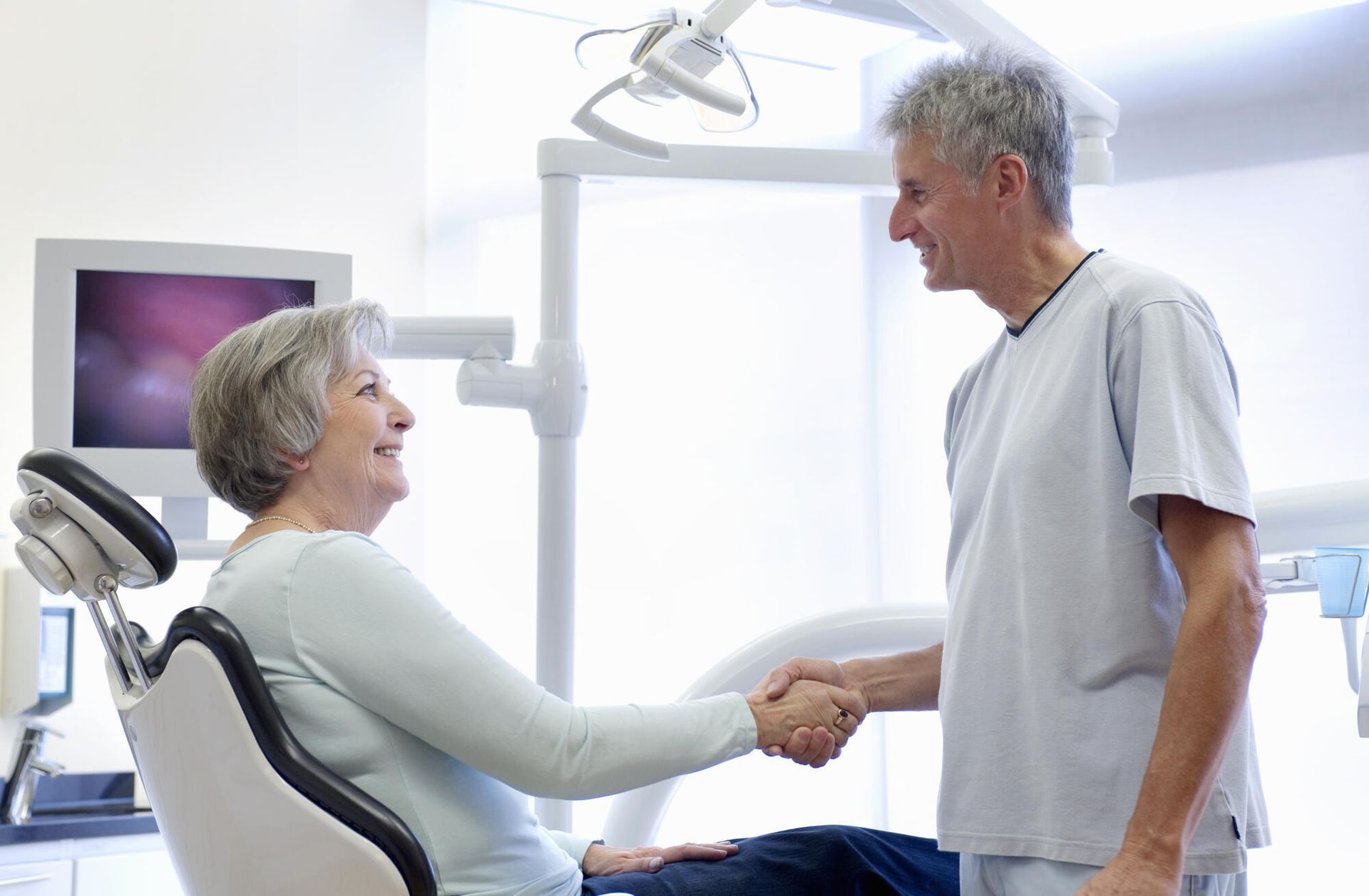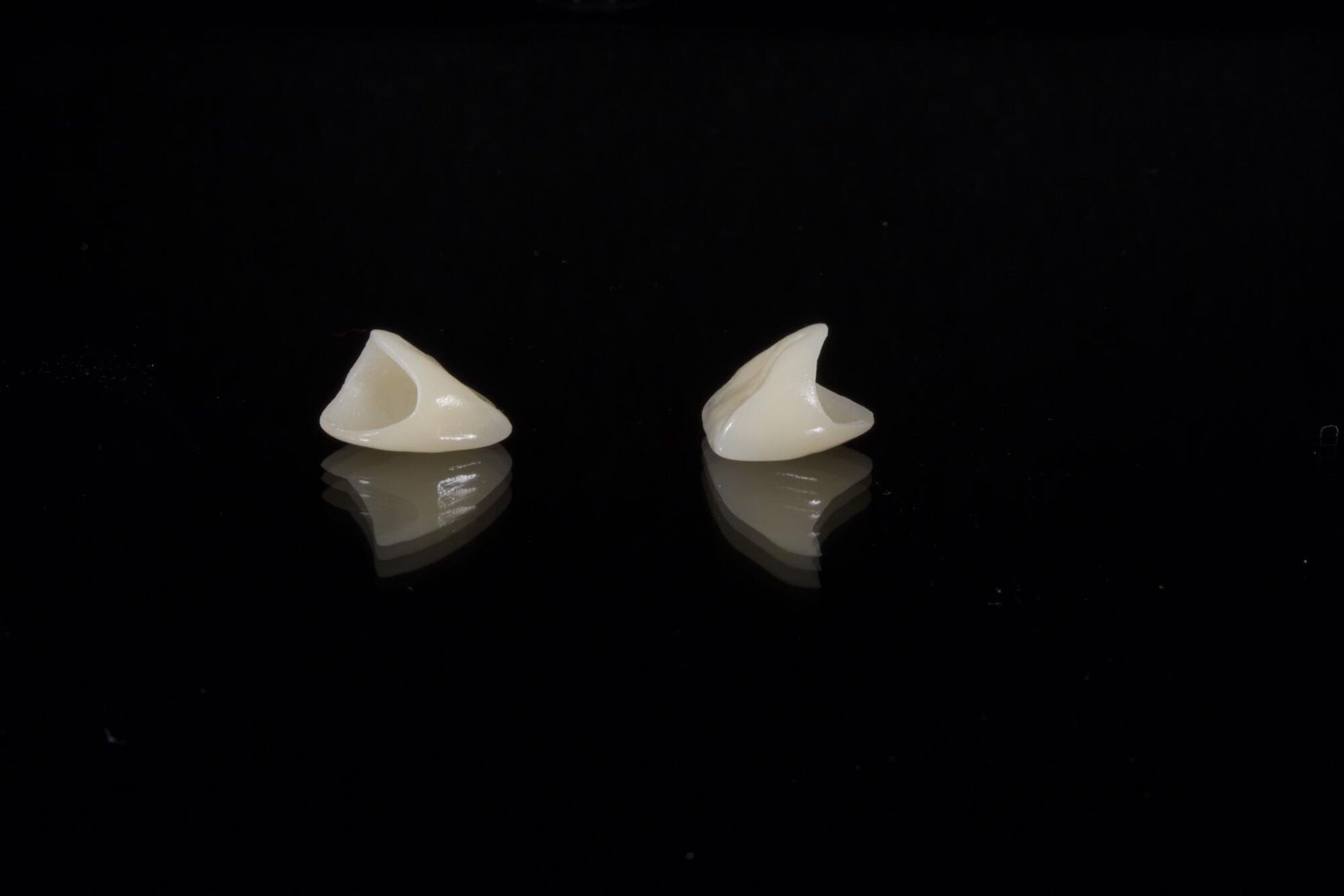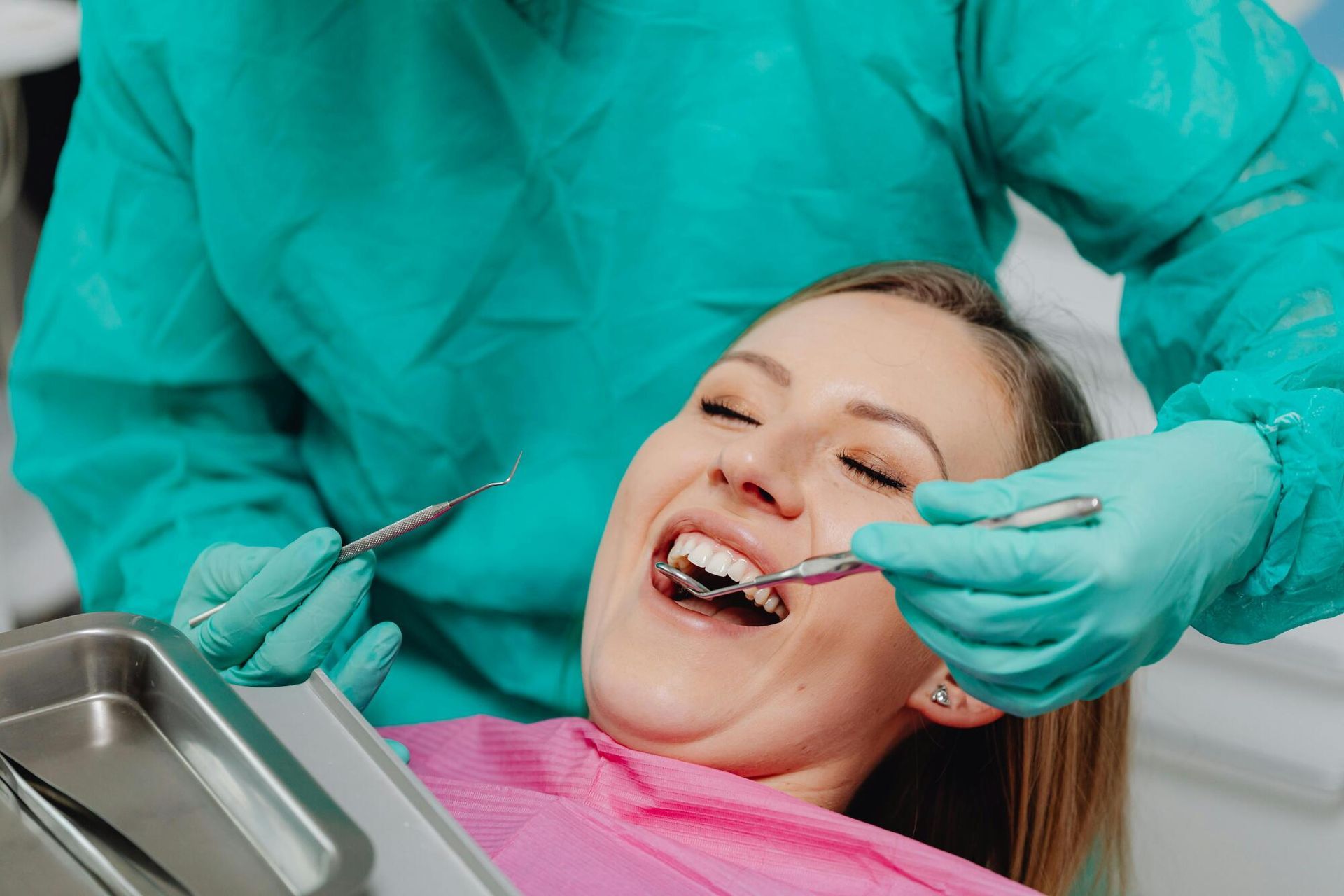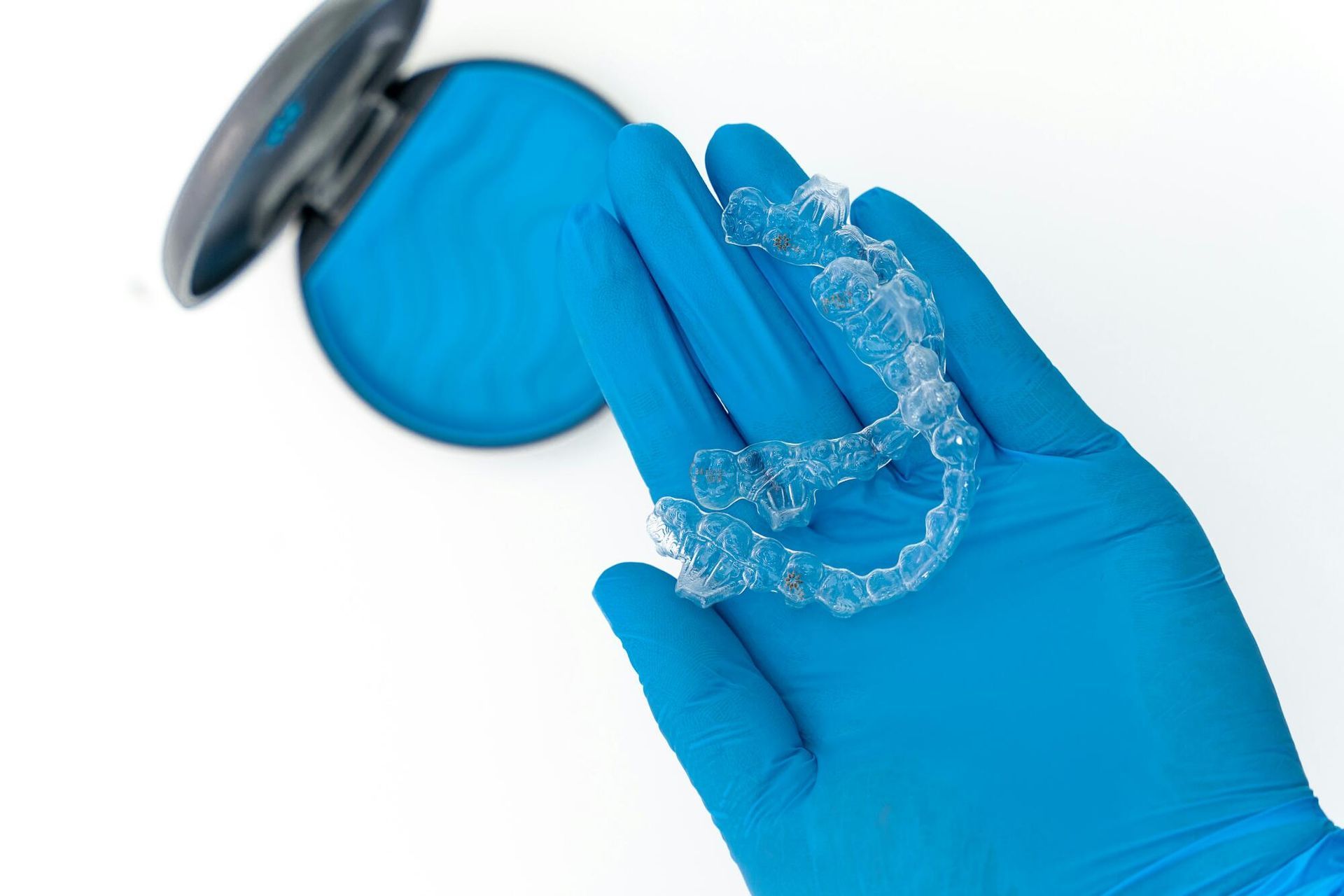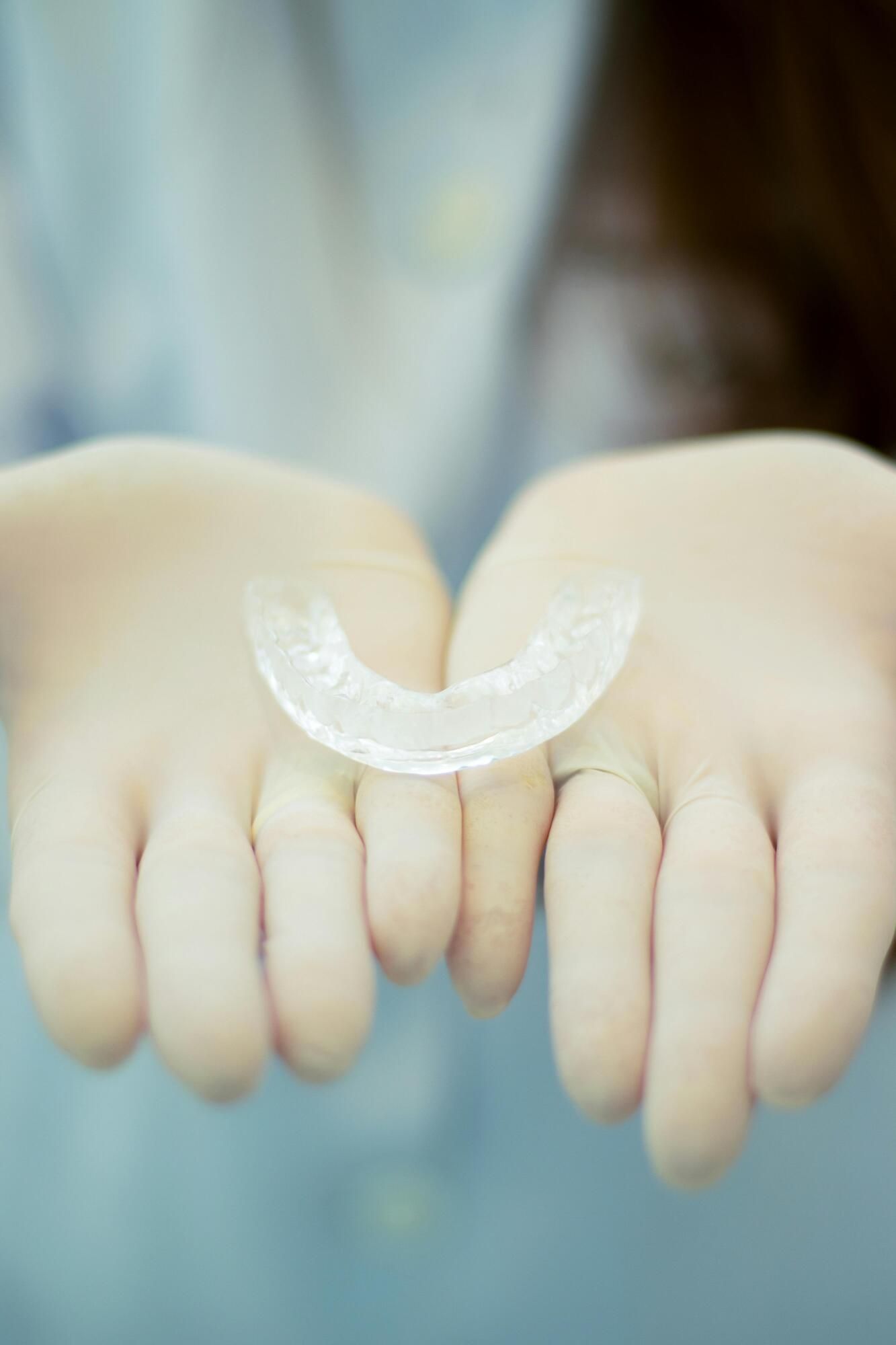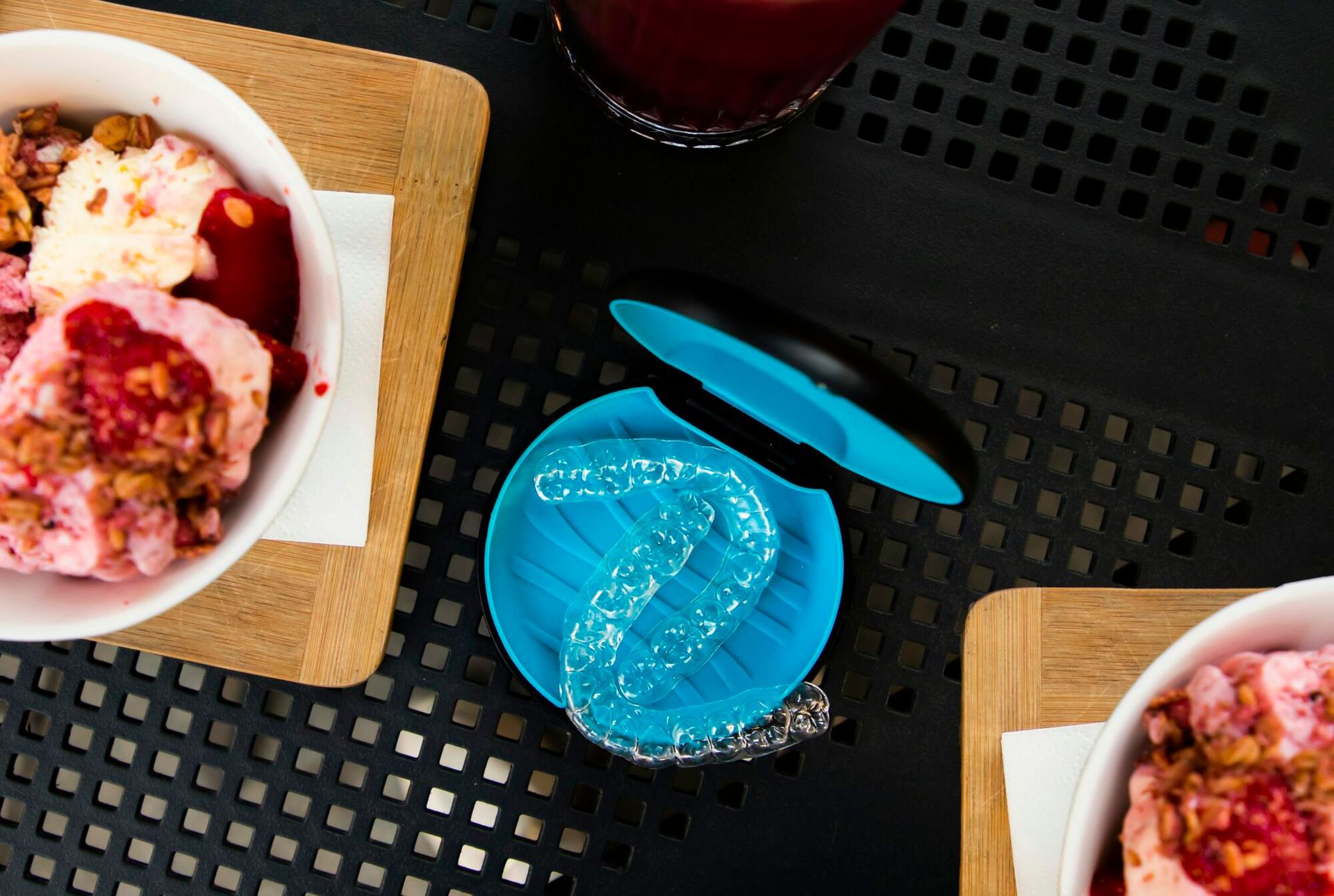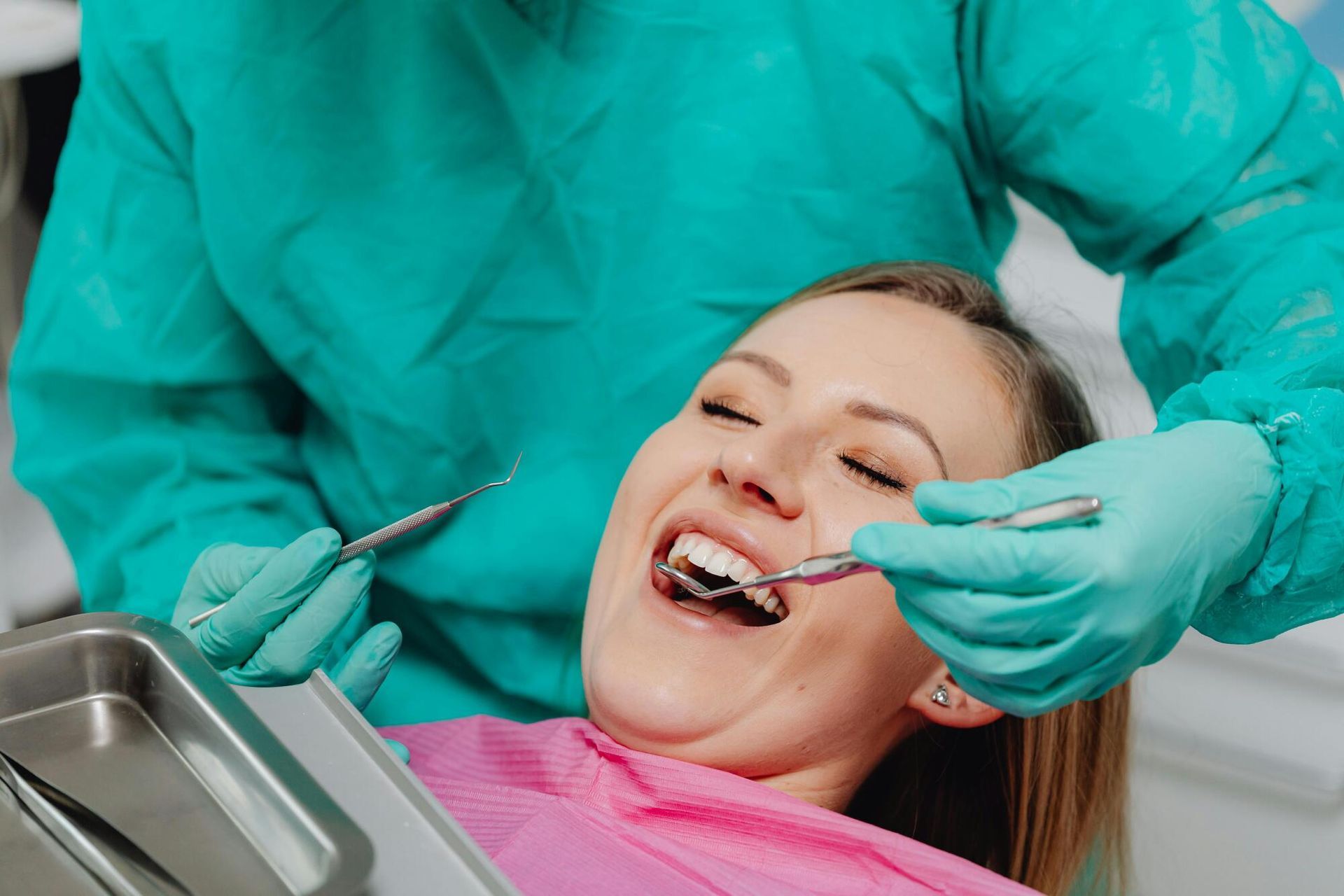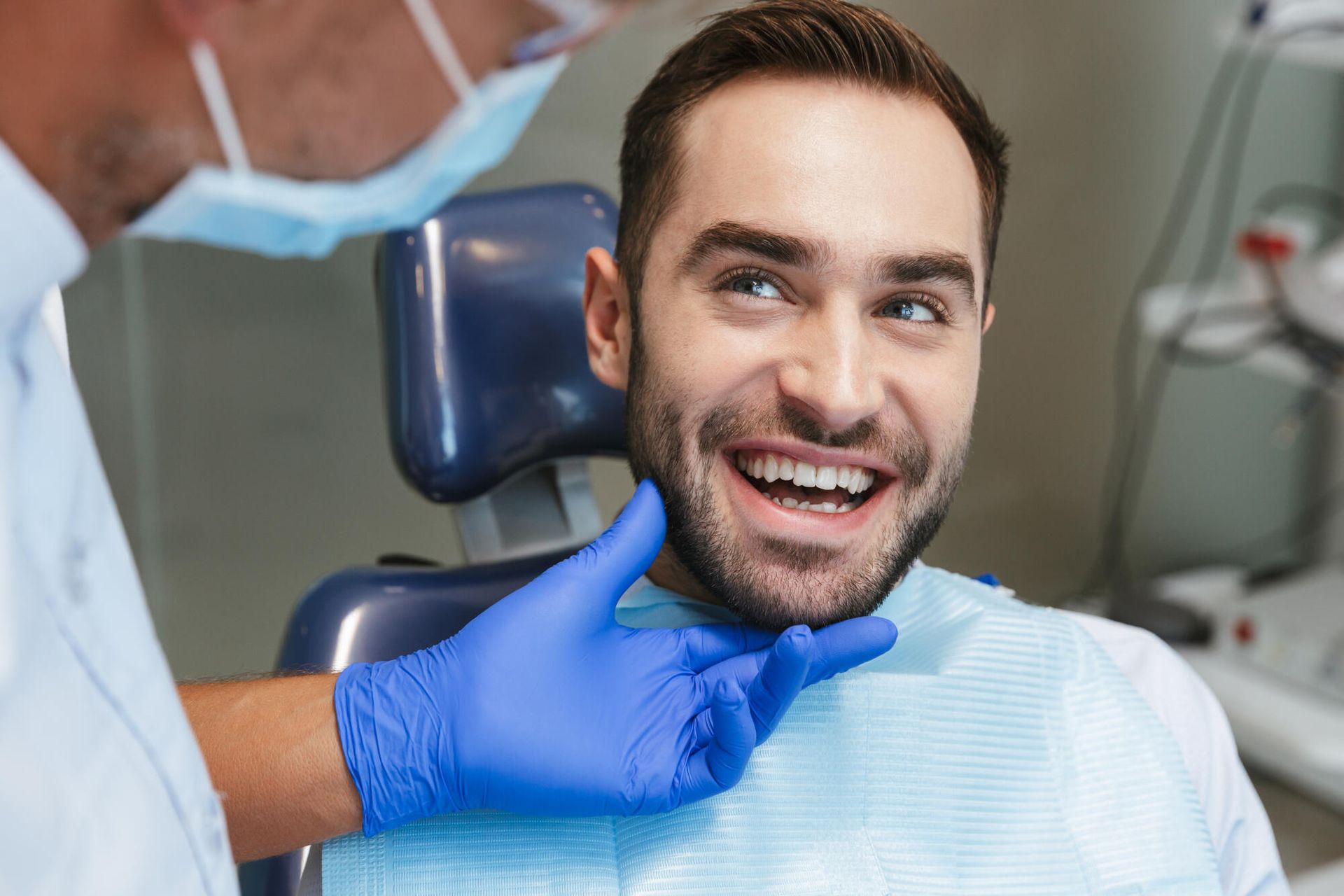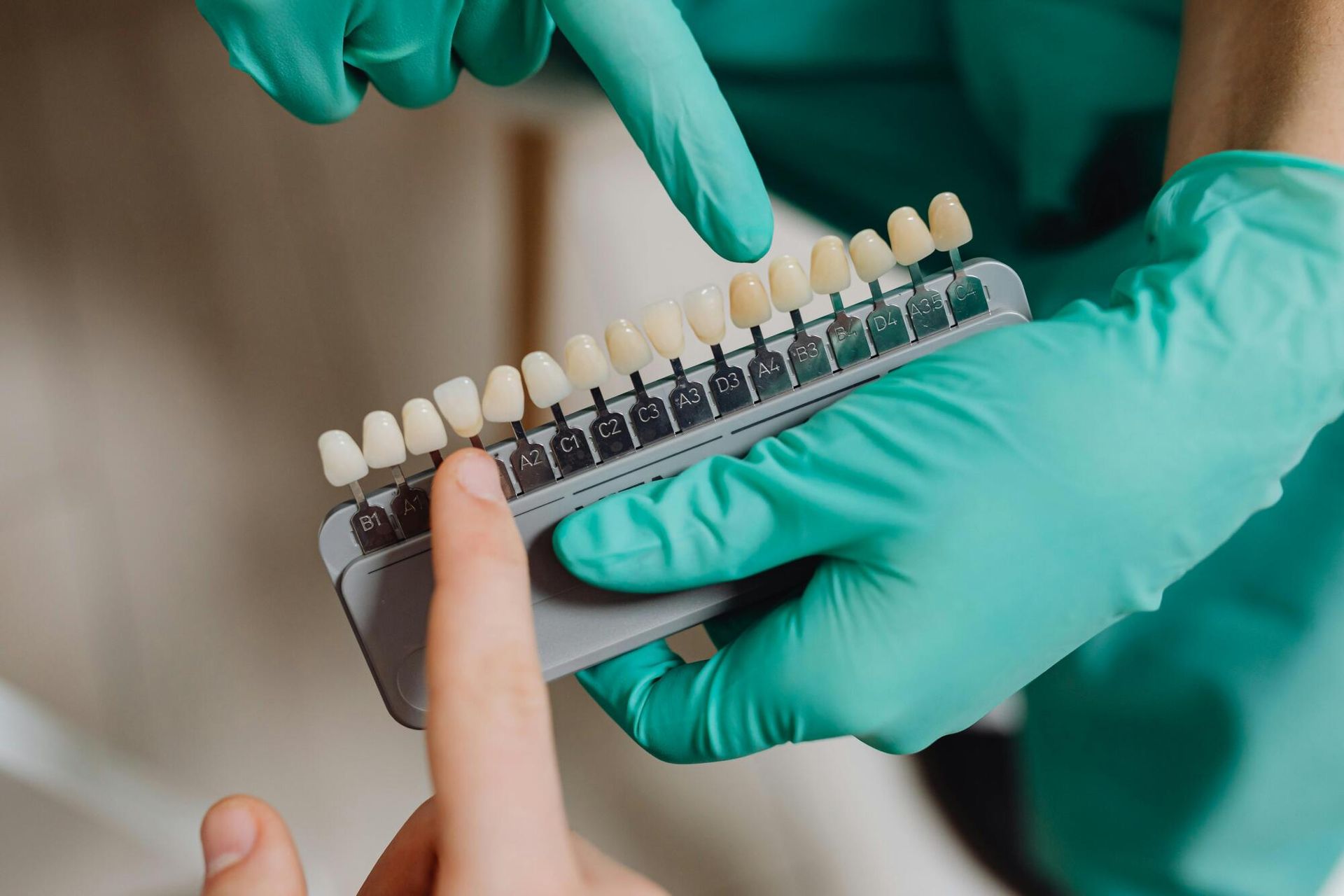How to Take Care of Your Teeth
This is a story I sometimes tell my patients who tell me that they brush once a day and they think that is enough. “Imagine you had breakfast, you put your ham, eggs, toast, and whatever else on your plate and eat. You didn’t completely clean the plate as usual. Now take that plate, wrap it in a moist towel, and put it in the oven at 98.6 degrees. Now it’s lunchtime. Take that plate out of the oven and unwrap it. Put your pasta, veggies, garlic bread, etc. on it and eat your lunch. Didn’t clean that plate again either did you? Now wrap that plate up again in the moist towel and put it in the oven. Hours later it’s time for dinner! Take out that plate and put on your chicken, mashed potatoes, blah, blah blah. Finished? well, now it’s bedtime. Wrap that plate up again in that same moist towel and put it back in the oven at 98.6 degrees for 8 hours or so (you’re too tired to floss and brush, right?) Morning breath? What do you think? How long have you been doing this?
Trapped food turns into acid and bacteria
Take note, every time you chew, you force small pieces of food between and around your teeth. Most of the time the pieces are too small feel because they are not big enough to wedge themselves between your teeth or gums and be felt. You know this is true because when you do floss your teeth, something always comes up, right? Anyway, those little pieces of food are in a warm, moist environment and your saliva breaks them down into bacteria and acids.
Gums Get Diseased
The bacteria causes your gums to become infected (gingivitis) and forms it small blood blisters on the inside lining of the gum tissue. As long as you don’t move the gum tissue by flossing or brushing, you can’t tell that anything wrong. Gum disease doesn’t hurt. The only indication you will have that there is a problem is bleeding when you floss or brush. When you do this the blood blisters break open and blood oozes up to the neck of the tooth and into your mouth. If you have gingivitis long enough, the bacteria will eat away the fibers that attach the gum tissue to the teeth and the gums pull away from the necks of the teeth and expose the root surface (recession). Have you ever seen anyone with teeth that look really long? Well, that’s what happened to them – gum disease. Eventually after enough gum recession the bone is eaten away also, the teeth become loose because they lack bone support and they will move around and in time, you will be able to pull them out with your fingers. There is an old saying that is so true: “ If you ignore your teeth, they will go away”.
Teeth Decay
The acids produced by that same food also work with bacterial plaque to bore holes in the teeth it comes into contact with, usually between the teeth (remember the black spots you saw on your x-rays or on your teeth? Those black spots represent demineralized (decayed) enamel and dentin) . If you leave this untreated long enough, the decay (dental caries) will eat through enamel and dentin until it reaches and infects the pulp (nerve, blood and lymph tissue in the center of the tooth). If that happens you will either have to remove the infected nerve material (via root canal therapy) or take the tooth out (extraction) because the infection will either cause swelling (due to abscess) or hurt so badly you will not be able to think about anything else until you can stop the pain. Pain from a dental infection can wake you up from sound sleep with exquisite, excruciating pain and/or cause swelling that can distort your face, close your eye or even close your airway and stop you from breathing. Antibiotics alone can provide short term relief but cannot cure this infection because there is simply not enough space inside the roots of teeth for adequate blood flow to deliver enough drug to the infected site to resolve the infection. The infection will recur and spread to neighboring teeth without definitive treatment.
The Good News Is That It Is Easy To Prevent These Problems.
- Floss your teeth before you brush them. No, don’t use one of those plastic pic type flossers. Use string floss and scrub the sides of your teeth while you floss. Scrubbing the sides of your teeth is important in removing plaque.
- If you have bone loss (your dentist or hygienist will tell you if you do), flush food and plaque out the pockets of gum tissue around your teeth with water (use a Waterpik®).
- Brush your teeth and tongue. Angle the toothbrush (45 degrees) toward the junction of the tooth and gum tissue.
- Rinse with an antimicrobial liquid if you notice any blood around your teeth or in the rinse water. (My advice: use Listerine®. Many store brands are ineffective).
- Clean your teeth 3 times daily: (1) when you first get up in the morning (2) when you first come home from daily activities and (3) just before you go to bed. If you miss one of these times it’s ok, just brush again the next day.
If you do the above, and replace any existing decay in your teeth with restorative (dental filling) material, it will be extremely difficult for any new cavities to form and you will not need any expensive dental work.
Here Are A Few Questions I Get About This From Time To Time:
- “Why do I have to floss and brush when I wake up if I do it before I go to bed?”. Well, when you floss and brush you CLEAN your teeth, you don’t STERILIZE your teeth. In other words, you don’t kill ALL of the bacteria. Your body is still working while you are sleeping. Your hair grows, your nails grow, you digest food and your bacterial plaque grows around your teeth and on your tongue. You need to floss and brush to remove this plaque and sometimes remove what you missed before you went to sleep.
- Should I clean my teeth before or after breakfast? Answer: Do it as soon as you wake up. In general, you should avoid brushing directly after a meal. Acids are in high gear, working to break down your food for approximately 20 minutes after a meal. Brushing during that time will force acid into the pores of your tooth enamel and help to break it down. Similarly, do not brush your teeth after “throwing up” for the same reason. Rinse your mouth with plain water instead.
Take Care Of Your Teeth.
Your smile says a lot about you. No gesture is more universally understood than a smile. A nice, healthy smile exudes confidence, and vitality. Studies and polls show that people with nice, healthy smiles are perceived as more intelligent, successful and attractive. Each one of your teeth will cost thousands of dollars to replace if lost or significantly damaged. Protect your smile, it increases your face value.
We can help you take care of your teeth if you are in the San Francisco East Bay area. Call us at (510) 658-1996 or contactus@albrightdental.com to schedule a dental exam and for professional help.
